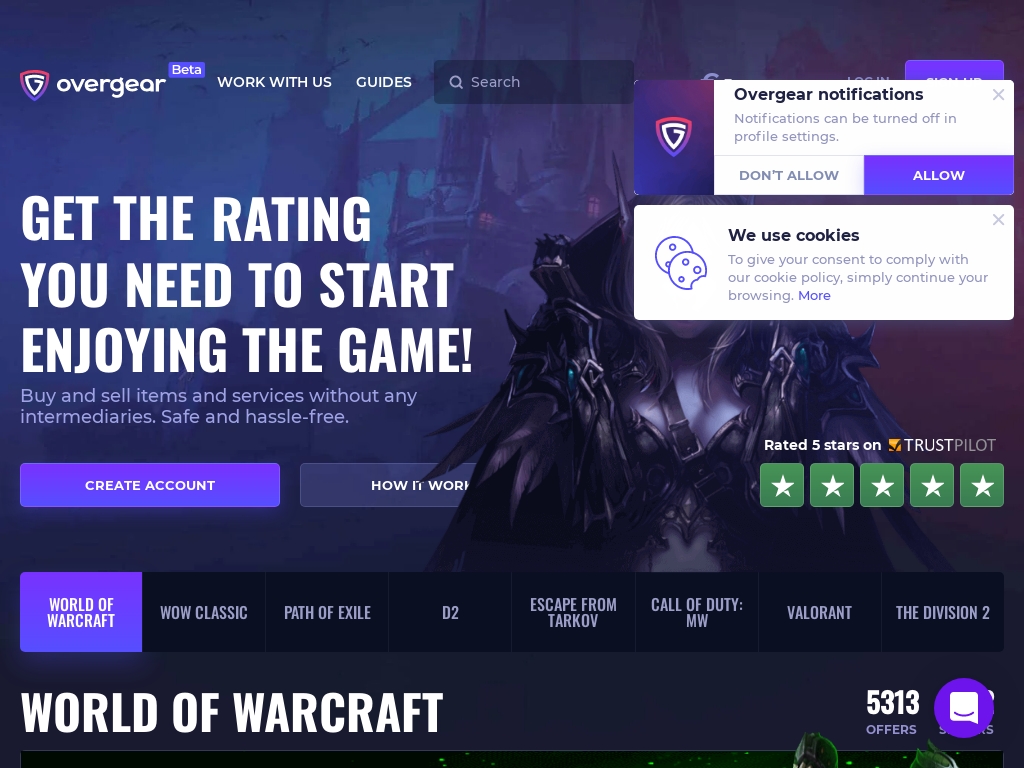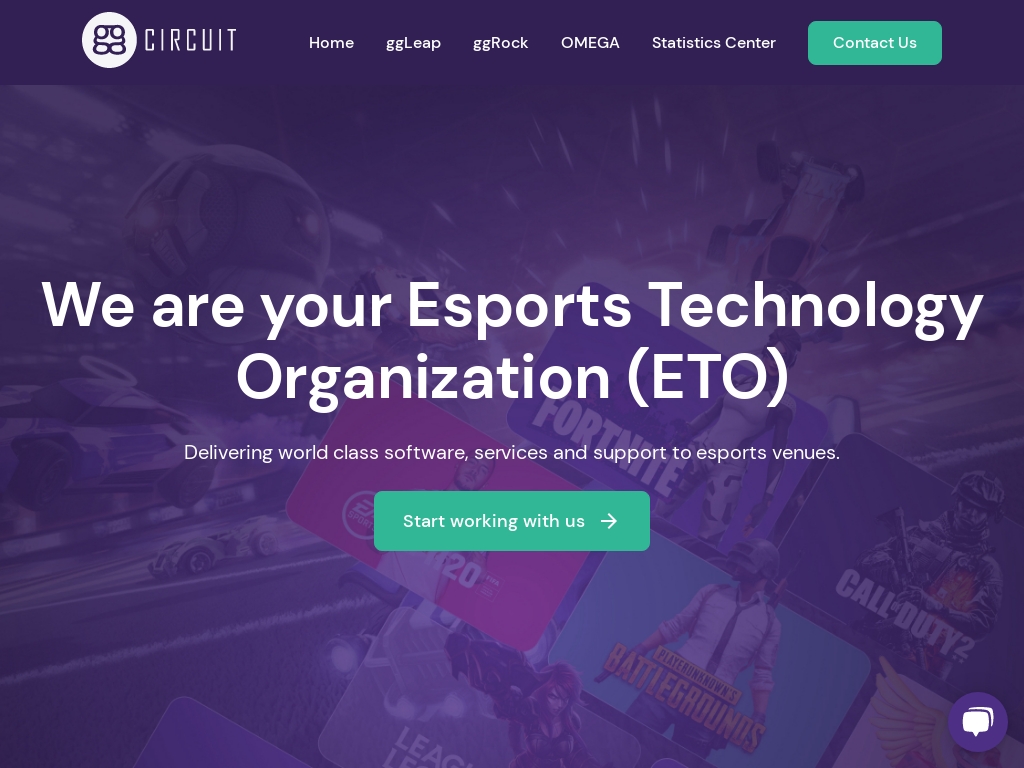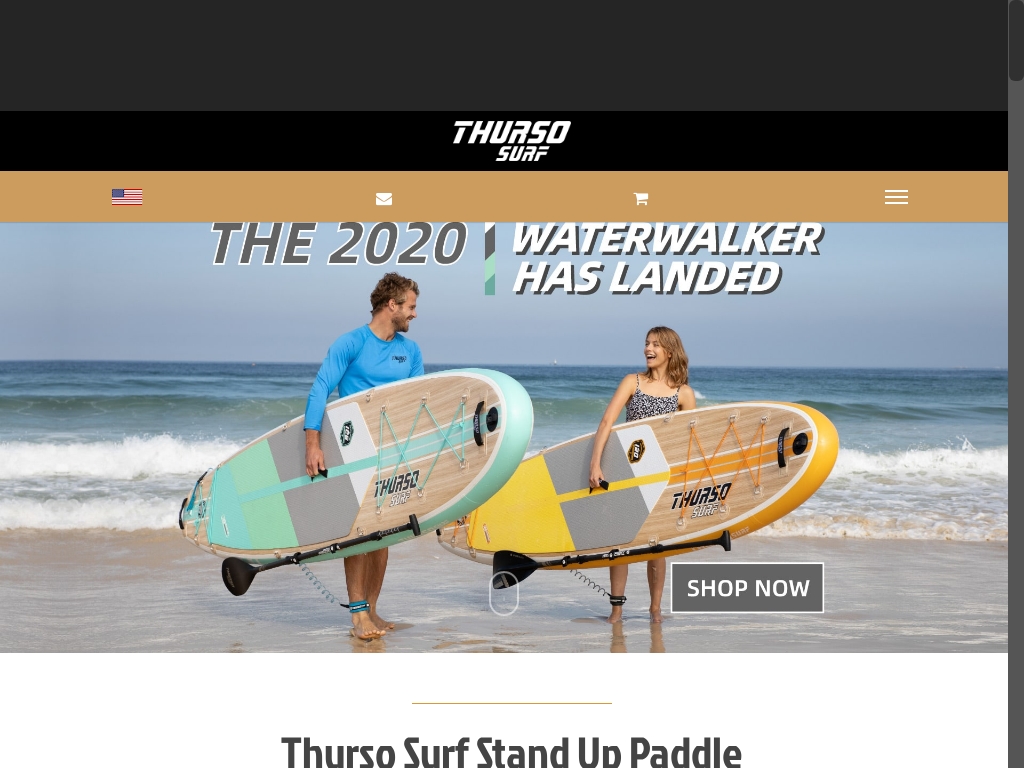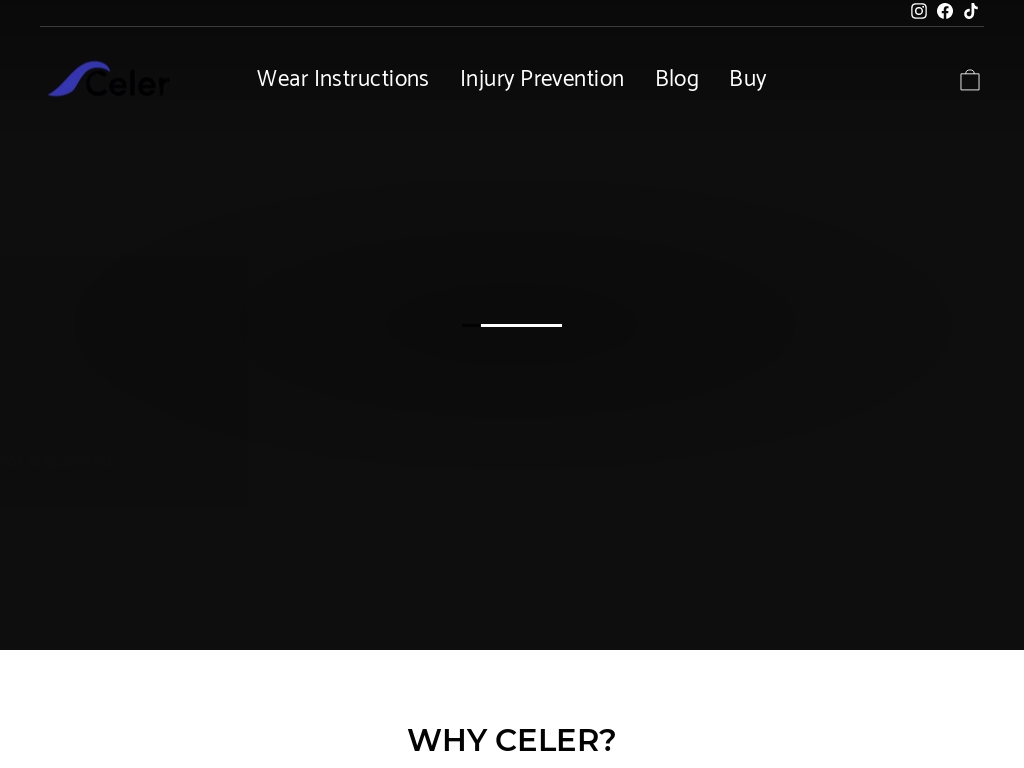
4 Online Sports Shop Business Success Stories [2024]
Thinking about turning your passion for sports into a profitable venture? Consider starting an online sports shop. An online sports shop is a digital storefront where you sell sports gear, equipment, and apparel to an audience looking to stay fit or support their favorite teams.
This business model gives you the flexibility to specialize in niche products—whether that's cycling gear, soccer jerseys, or yoga mats—while reaching a global customer base right from your home. With an increasing number of people shopping online for convenience, you’ll be tapping into a growing market.
Setting up an online sports shop involves creating a user-friendly website, sourcing quality products, and implementing effective digital marketing strategies. While it requires dedication and initial investment in inventory and technology, the returns can be substantial. If you love sports and have an entrepreneurial spirit, this idea might just be your winning game plan.
In this list, you'll find real-world online sports shop business success stories and very profitable examples of starting a online sports shop business that makes money.
1. Overgear ($12M/year)
Tony Doronin, along with his partners Dmitriy Beseda and Alex Karetin, founded Overgear, a gaming marketplace that offers gaming assistance and training services. Alex, who had experience in investment projects and a passion for gaming, saw the lack of competition in the gaming services market and the potential for a project that provided a higher level of user experience. They launched Overgear in 2017 and have since expanded their services to different gaming disciplines, generating $1 million in monthly revenue.
How much money it makes: $12M/year
How much did it cost to start: $50K
How many people on the team: 36

Overgear, a gaming marketplace offering assistance and training in WoW, Path of Exile, Destiny, Call of Duty, and Valorant, saw over $8 million in revenue and a 6x increase in clients in the past year by prioritizing user experience and customer retention through SEO and Google Ads, reinvesting profits, and creating a user-friendly product, amongst other things.
2. ggCircuit ($3.6M/year)
Zack Johnson, the founder of ggCircuit, came up with the idea for his business while running his own esports arena, eBash Gaming Center. He realized that the management software used by his competitors was outdated and lacked customer engagement. Seeing an opportunity, Zack and his team decided to develop their own cloud-based software, ggLeap, which revolutionized the industry. With a strong focus on customer service and marketing efforts such as YouTube shows, ggCircuit has attracted over 700 locations worldwide and generated $4 million in revenue in the past year, with plans to double that in the next 12 months.
How much money it makes: $3.6M/year
How much did it cost to start: $50K
How many people on the team: 25

Esports management software company ggCircuit has doubled its revenue every year since inception and amassed $4 million in revenue in the past year alone, while offering services to over 700 customers globally and projecting double that in revenue over the next 12 months.
3. Thurso Surf ($1.2M/year)
Childhood friends Shenglong You and Yu Li reconnected over paddleboarding and saw an opportunity to improve the gear and accessories available. They started Thurso Surf in 2017, initially testing their products on Amazon before launching their online store in 2018. With their focus on product quality, customer service, and building their brand, they have become one of the best SUP brands in the mid-range market, selling thousands of boards in dozens of countries.
How much money it makes: $1.2M/year
How much did it cost to start: $5K

Thurso Surf, founded by childhood friends, has quickly grown to become one of the best SUP brands in the highly competitive mid-range market, selling thousands of boards in dozens of countries since its launch in 2018, with traffic increased 16X since their first year in operation.
4. Celer ($30K/year)
Sarah Anderson, the founder of Celer Ergonomics, came up with the idea for her athletic training brand after experiencing overuse injuries throughout her running career. With a background in engineering and kinesiology, as well as a passion for biomechanics, Sarah developed the RunCeler strap, a functional resistance band worn while running to promote improved running form and decrease the risk of injury. With four published patents and 20% month-over-month growth, Celer is focused on expanding its presence in the fitness community, particularly among runners.
How much money it makes: $30K/year
How much did it cost to start: $14.5K
How many people on the team: 1

Celer Ergonomics, a small 2-person start-up out of NYC, has developed the RunCeler strap, a functional resistance band worn over the sock and shoe while running to promote improved running form, reducing the risk of injury and improving performance, with 4 published patents and growing 20% month over month.

Download the report and join our email newsletter packed with business ideas and money-making opportunities, backed by real-life case studies.

Download the report and join our email newsletter packed with business ideas and money-making opportunities, backed by real-life case studies.

Download the report and join our email newsletter packed with business ideas and money-making opportunities, backed by real-life case studies.

Download the report and join our email newsletter packed with business ideas and money-making opportunities, backed by real-life case studies.

Download the report and join our email newsletter packed with business ideas and money-making opportunities, backed by real-life case studies.

Download the report and join our email newsletter packed with business ideas and money-making opportunities, backed by real-life case studies.

Download the report and join our email newsletter packed with business ideas and money-making opportunities, backed by real-life case studies.

Download the report and join our email newsletter packed with business ideas and money-making opportunities, backed by real-life case studies.




